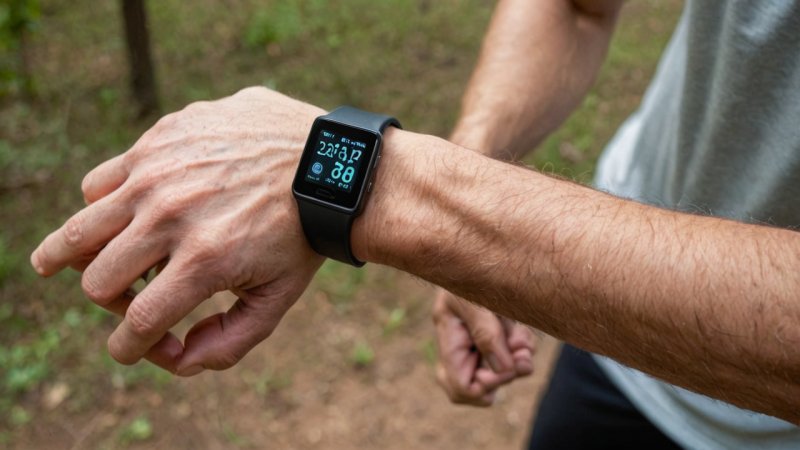1. Privacy and Data Security
One of the foremost concerns surrounding fitness tracking technology is the issue of privacy. Users often share sensitive health data with apps and devices, which raises questions about how this information is stored and protected. It’s essential to understand the privacy policies of the products you use and choose devices that prioritize data security.
2. Consent and Data Usage
Before using fitness tracking devices, users should be aware of how their data is being used. Consent is crucial; companies must clearly communicate what data they collect and how it will be used. This includes sharing data with third parties for marketing or research purposes.
3. Accuracy of Data
Fitness trackers can provide valuable insights into health and activity levels, but the accuracy of this data can vary. Misleading data can lead to misguided health decisions. It’s important for users to verify the reliability of the devices they choose and to understand the potential for error.
4. Impact on Mental Health
While fitness trackers can motivate users to stay active, they can also contribute to unhealthy obsessions with numbers and metrics. Users should be mindful of how their reliance on these devices affects their mental health and overall well-being, ensuring that tracking remains a tool for enhancement rather than a source of stress.
5. Inclusivity in Design
Fitness tracking technology should be designed to be inclusive, taking into account different body types, abilities, and health conditions. Developers need to ensure that their devices cater to a diverse audience, promoting accessibility and usability for everyone.
6. Ethical Marketing Practices
Advertisers of fitness tracking devices should practice ethical marketing by providing transparent information about their products. Misleading claims can erode trust and lead to dissatisfaction among users. It’s crucial to promote realistic expectations about what fitness technology can achieve.
7. Community and Social Pressure
Many fitness tracking apps incorporate social features that allow users to connect and compete with others. While this can foster motivation, it can also create social pressure. Users need to find a balance that encourages community engagement without leading to unhealthy competition or comparison.
8. Long-term Sustainability
As technology rapidly evolves, the longevity of fitness tracking devices can be a concern. Users should consider the sustainability of their devices, including the company's commitment to updates and support. Choosing brands that prioritize long-term usability can help mitigate electronic waste.
9. User Control Over Data
Empowering users with control over their data is essential. Tech companies should provide easy options for users to access, modify, or delete their information. This transparency builds trust and allows individuals to feel more secure about their health data.
10. Future of Fitness Tracking Ethics
The landscape of fitness tracking technology is constantly evolving. Staying informed about emerging ethical concerns and industry standards is crucial for users. Engaging in discussions about ethics in technology can lead to better practices and innovations that respect user rights.
Conclusion: Navigating the ethics of fitness tracking technology requires awareness and informed decision-making. By considering privacy, data usage, accuracy, mental health impacts, inclusivity, marketing practices, social dynamics, sustainability, user control, and future developments, users can harness the benefits of these tools while maintaining their ethical standards.






